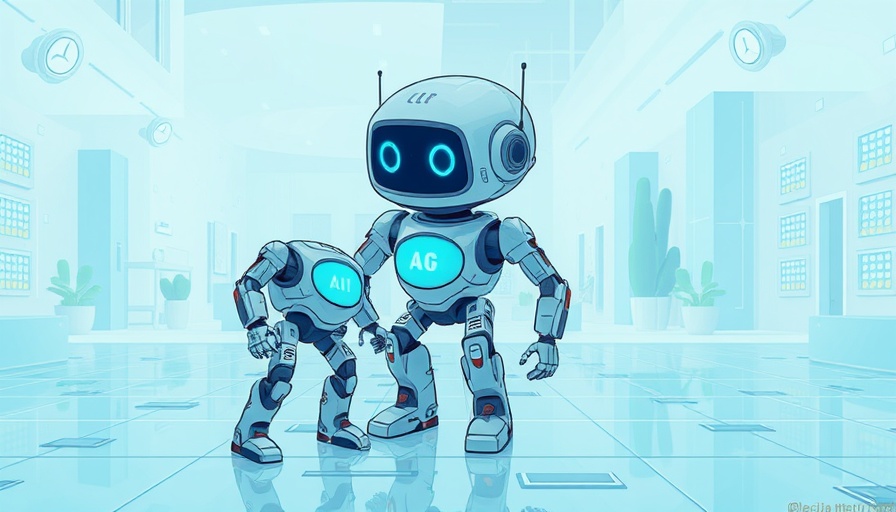
The Controversial Launch of xAI's 'Colossus'
Elon Musk's AI firm, xAI, is under fire for its decision to operate the "Colossus" supercomputer in Memphis, using 15 potentially polluting gas turbines. The controversy stems from an operating permit that allows these turbines to run continuously from June 2025 to June 2030, alarming local residents and environmentalists alike. Recent reports reveal that these aging turbines emit hazardous air pollutants (HAP) at levels that far exceed the Environmental Protection Agency's (EPA) annual cap. Each turbine reportedly discharges 11.51 tons of HAP per year, including formaldehyde, raising serious health concerns for the more than 22,000 people living in proximity to the facility.
Public Health and Environmental Concerns
The implications of this project could be dire. The Southern Environmental Law Center's spokesperson, Eric Hilt, highlights the lack of transparency from xAI regarding the emissions, arguing that the company has operated the turbines since summer 2024 without public awareness or oversight. With the Memphis Health Department's approval of the operating permit still pending, Hilt emphasizes the need for a thorough review: “It’s another example of the company not being transparent with the community or with local leaders.” This predicament raises questions about the balance between technological advancement and community health.
Regulatory Considerations Moving Forward
As the Shelby County Health Department works to finalize the permits, there remains no clear timeline for their approval. The necessity for regulatory scrutiny aligns with growing calls across the nation for stricter environmental protections, especially in the realm of AI and advanced technologies. For startup entrepreneurs, understanding the implications of such regulatory frameworks is critical as they navigate the landscape of innovation alongside environmental responsibility.
Although the potential of AI technologies like xAI's Colossus is immense, the conversation highlights the urgent need for startups to engage with local communities and regulatory bodies transparently. This case serves as a critical reminder that the pursuit of innovation should not come at the expense of public health and ecological integrity.
 Add Row
Add Row  Add
Add 




Write A Comment